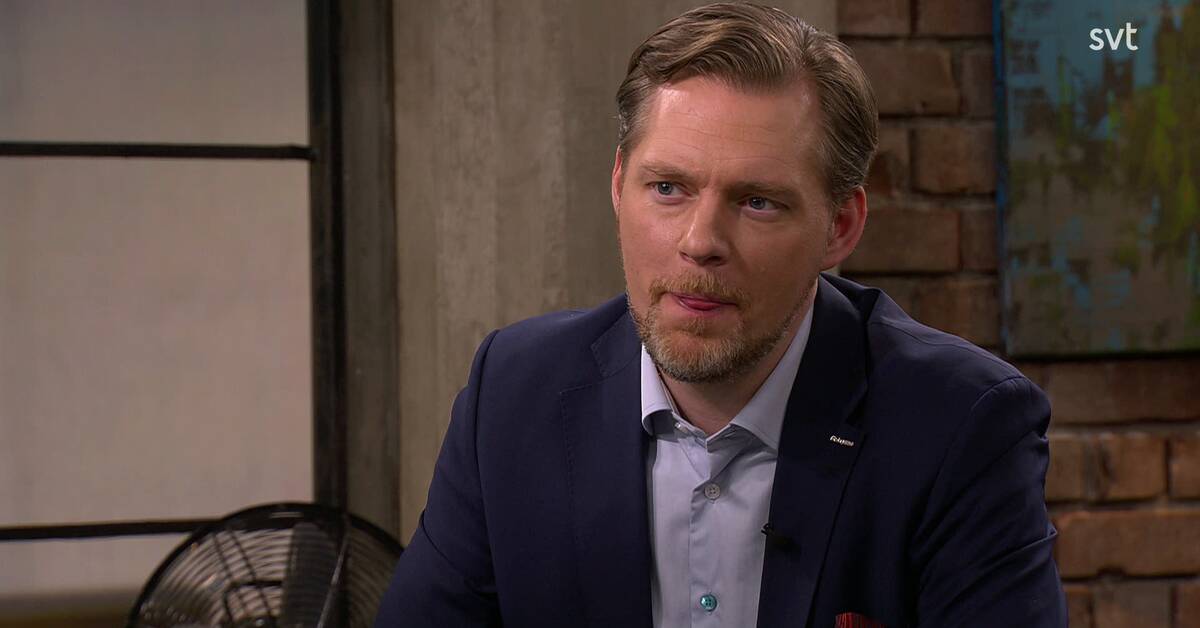More than 300 companies have left Russia in recent weeks.
- There is no comparison when we talk about the unison opposition that exists from the entire business world in the west to Russia's actions.
It is extremely rare, we have not seen it in modern times, says Günther Mårder, CEO of the interest group Företagarna.
But it is not a given how companies should act, according to Lin Lerpold, associate professor of business administration at the School of Business.
- The companies try to find a way they can stand for, both in terms of values and ethics, but also the consequences for the financial situation, she says in Ekonomibyrån.
Several of the tech giants left quickly.
Apple and Microsoft stopped all sales in Russia.
Google blocked state-controlled media such as Russia Today (RT) from the search service.
Facebook and Twitter also restricted RT from their feeds, and when they refused to stop tagging content, Russia responded by blocking their platforms.
- What remains is social media, which is largely controlled by the Russian state.
It will be almost like its own Russian internet, says SvD's tech analyst Björn Jeffery at Ekonomibyrån.
Youtube has blocked RT and turned off the opportunity to make money on propaganda.
But the opportunity to make money also disappears for independent media that use Youtube as a distribution channel.
- There are journalists who now can not make money in Russia, and may no longer be able to conduct their news work.
But it has been known for several years that RT has been a major propaganda machine.
Youtube has contributed to that and is largely responsible for how well it went for them.
Hard pressure from the outside world
For other companies, the decision to leave has only come after strong pressure from consumers who have threatened a boycott.
Most recently McDonald's.
Spotify was also met with massive criticism for not interrupting the recruitment process for the Moscow office that began when the war broke out.
Now the company has discontinued the premium service in Russia and closes its office in Moscow.
Nordea also turned sharply.
At the beginning of the war, the bank's economists received an email from the communications department stating that they would not use the word war when making public statements.
When it reached the media, the bank apologized and donated SEK 5.1 million to Ukraine.
The list of companies leaving Russia is growing longer and isolating the country more and more.
- But assume that the companies stay.
Even if the possibility of disseminating information is limited, it can still be influenced in various ways that the information comes out.
If you leave, it's over.
Therefore, it is difficult to say what is the best, says Lin Lerpold.

